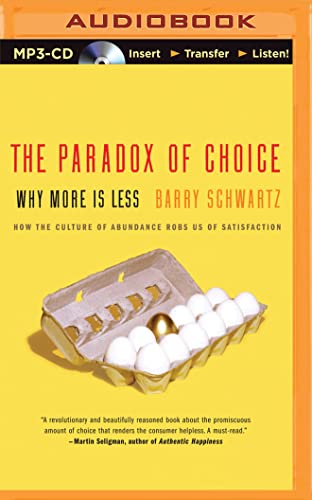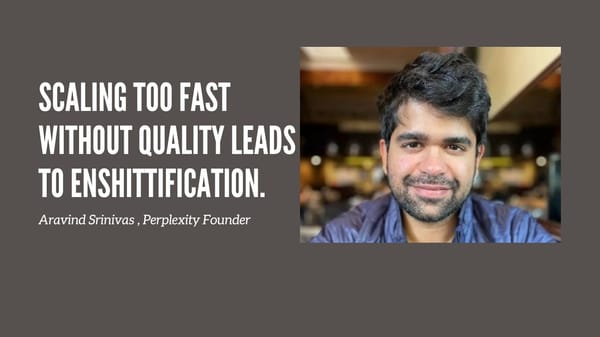The Paradox of Choice: Why More Is Less – Barry Schwartz

The Paradox of Choice: Why More Is Less, by Barry Schwartz, explores the ramifications of having an abundance of choices in today’s world. It illuminates how excessive options can lead to decision paralysis, dissatisfaction, and negative consequences on our mental and emotional well-being.
Choice Overload
Having too many options can lead to decision paralysis, as individuals struggle to choose the best one.
With a vast array of alternatives, people can become overwhelmed, which results in procrastination, the fear of making the wrong choice, and a lack of satisfaction with their final decision.
The Role of Expectations
High expectations can prevent people from being satisfied with their choices.
An abundance of options may lead to unrealistically heightened expectations, resulting in a constant search for the ‘perfect’ choice, which rarely occurs.
Strategies for Better Decisions
The Paradox of Choice suggests several strategies for improving decision-making, such as embracing satisficing, focusing on personal goals, and practicing gratitude.
Eliminating unnecessary choices, cultivating gratitude, and reevaluating personal expectations can mitigate the negative effects of excessive options.
Societal Implications
Schwartz explores the societal implications of an abundance of choices, arguing that simplifying regulations, improving social welfare systems, and limiting personalized marketing can alleviate the psychological burden and ensure a healthier, happier population.
Adaptation and Comparison
People often adjust to new conditions quickly and easily, even when they thought they could not.
This quick adaptation reduces the impact of making a ‘wrong’ choice.
However, constantly comparing choices and imagining alternative options can hinder this adaptation process and perpetuate dissatisfaction.
Maximizers and Satisficers
Schwartz differentiates between two types of decision-makers: maximizers and satisficers.
Maximizers seek the best possible outcome, researching and fretting over every choice extensively.
Satisficers, on the other hand, settle for a satisfactory choice.
Maximizers often suffer from decision paralysis more and experience less satisfaction with their choices.
Limiting Choices
Limiting choices can lead to a greater sense of well-being and satisfaction.
By reducing options, patients in medical settings, for example, can focus on the essential aspects of their treatment, feel more control over their care, and more easily determine which choice best aligns with their desires and needs.
The Downside of Autonomy
Although autonomy is essential for personal well-being and happiness, excessive autonomy and personal responsibility can cause anxiety and stress.
The abundance of choices may result in feelings of being overwhelmed and plagued by regret, as people fear the possibility of making wrong decisions.
The Role of Regret
Regret is a significant factor that exacerbates the negative consequences of having too many options.
When people constantly fear that a better choice might exist, they may become trapped in a cycle of regret, undermining their ability to make decisions and be content with their choices.
Opportunity Costs and Emotional Well-being
Opportunity costs, referring to what one misses out on by choosing a given option, can create feelings of dissatisfaction, even after making the best possible decision.
This adverse effect on emotional well-being results from focusing on what could have been, rather than enjoying the benefits of the chosen option.




